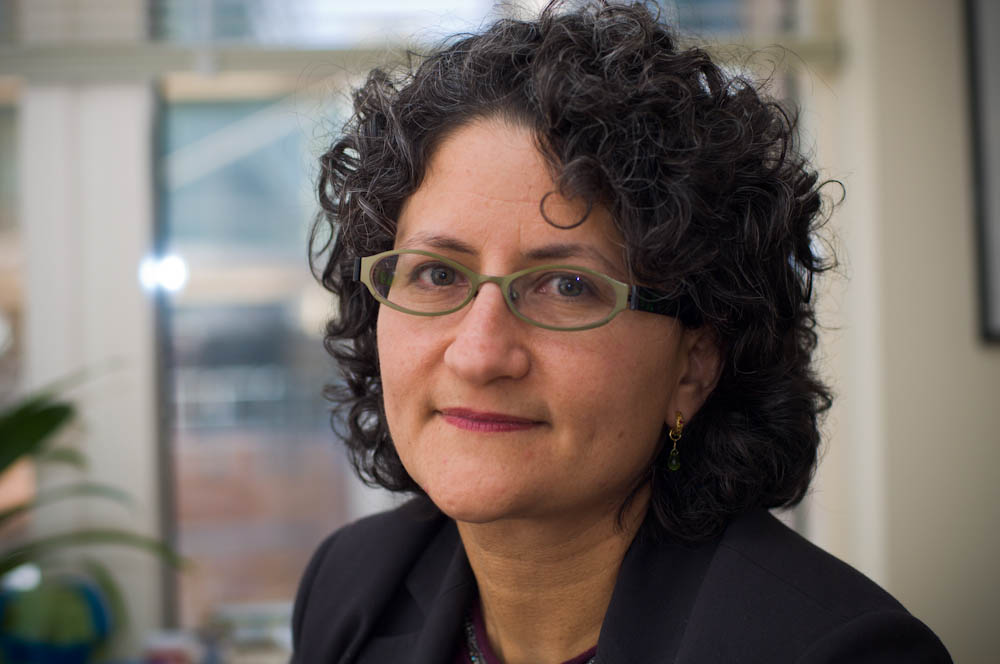Joanne Wolfe, MD, MPH, founded the Pediatric Advanced Care Team (PACT) in 1997 to help ensure children who are living with life-threatening diseases like cancer, and their families, enjoy the best quality of life. The program, a part of Dana-Farber/Boston Children’s Cancer and Blood Disorders Center and the Department of Psychosocial Oncology and Palliative Care, and Wolfe, were featured recently in The New Yorker. We spoke with her about the benefits of pain and symptom management, and palliative care for pediatric patients.

Q. What is PACT?
A. PACT is a group of physicians, social workers, and nurse practitioners. We provide an extra layer of support to children with serious illness and their families throughout treatment, ensuring that the child’s quality of life is a top priority for families and medical teams making difficult care decisions.
We make sure we bring attention to the whole patient and family as children are undergoing treatment for their illnesses.
Q. What type of pediatric patients do you work with?
A. We take care of children with many different illnesses throughout Dana-Farber and Boston Children’s Hospital. In addition to caring for children with cancer, the team cares for patients with heart or lung diseases, infectious diseases, metabolic disorders, and various neurological conditions. Patients range in age from pre-natal to middle-aged adults receiving follow-up care for pediatric illnesses.
Q. How can children and their families benefit from palliative care?
A. For patients with cancer, our focus tends to be on symptom management, easing distress, and enhancing well-being and quality of life for the child and family. We work to understand what is most important to each family and to identify areas that may benefit from added support, such as siblings’ needs. Our team partners closely with Dana-Farber’s pediatric psychosocial program.
PACT clinicians complete regular home visits to better understand each case before incorporating family preferences into the clinical setting. We remain available to families indefinitely during a child’s recovery. Our team is always available to our families to offer support even years later, especially as the outside community may find it difficult to listen to what a family might be going through. And when a family needs it, we offer bereavement services.
Q. How does palliative care fit with a child’s regular medical care team?
A. We very much aim to compliment care already in place. PACT acts as an added advocate for patients’ and their families, reminding clinicians of families’ hopes and circumstances, and making sure care is as coordinated as possible.
Q. How has palliative care changed since you started PACT?
A. There were some misunderstandings about what palliative care was early on. A lot of people equated it to end-of-life or hospice care, but there’s an increasing understanding that we take care of children with the hope that they will survive long-term, and work to make sure that while they’re living with their illness that they are experiencing the best quality of life.
Families dealing with advanced pediatric illnesses who live far from Boston are encouraged to connect with the Massachusetts Department of Public Health’s Pediatric Palliative Care Network, which offers home visits throughout the state. Massachusetts is currently the only state in the country with such a program.
